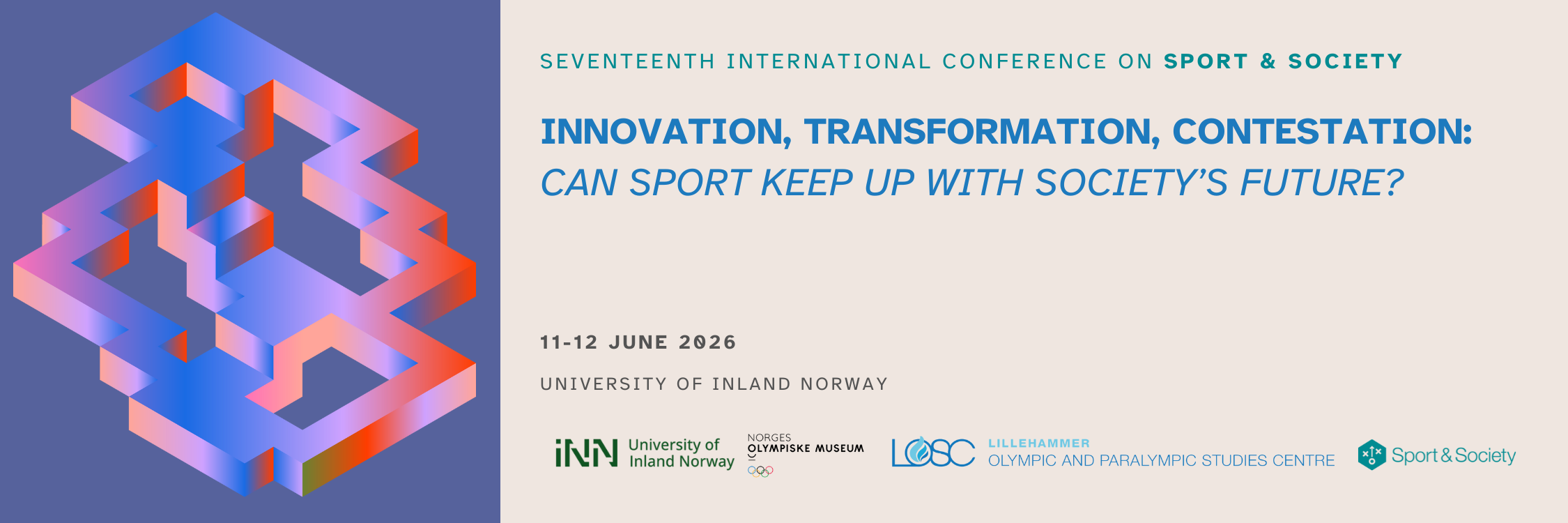Abstract
For migrants, sport is often touted as a site in which to rebuild social connections and diverse networks, and associated social capital following the migration journey. In many destination countries, white, western ways of “doing” permeate sport however, in often multicultural settings, which acts to exclude those from migrant backgrounds within the sport sector. Hence, an analysis of contextual factors which can either support or impede social capital development is vital, as external conditions and the environment surrounding an individual influences how social capital is formed, mobilized and also maintained. This is particularly important for groups who have been marginalized within society, whereby membership of a group may not be synonymous with benefits. This paper reports on findings from a qualitative study conducted with 27 migrant background women who participate in sport in various roles including: player, coach, sport club committee members, parent, and sport for development officers in Australia, and social capital benefits due to sports participation. We apply an intersectional lens and ecological systems theory to capture specific social processes related to the inclusion and exclusion of migrant women in sport. We discuss the racialized, gendered and classist barriers that CRM migrant women face in accessing and mobilising social capital via sporting related networks, and report this across the socioecological model.
Presenters
Dana M YoungResearch Fellow, Migration & Health Unit, Nossal Institute of Global Health, Melbourne School of Population and Global Health, The University of Melbourne, Victoria, Australia
Details
Presentation Type
Paper Presentation in a Themed Session
Theme
Sporting Cultures and Identities
KEYWORDS
Social Capital, Intersectionality, Migration, Gender Inequality, Racism, Socio-ecological Model

